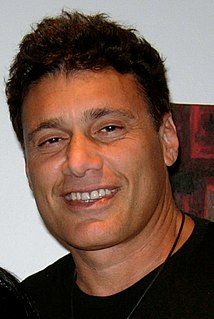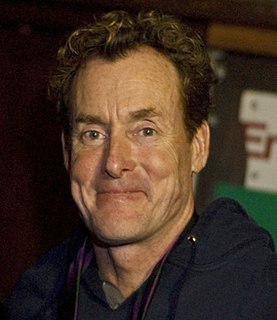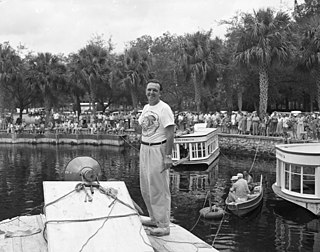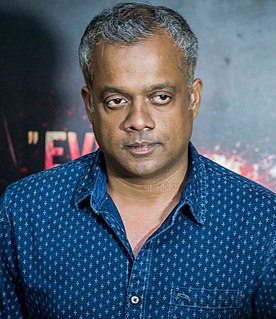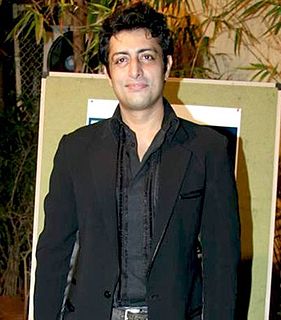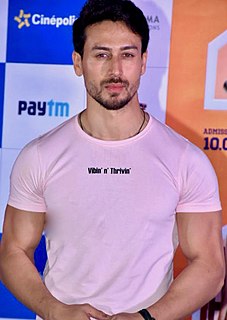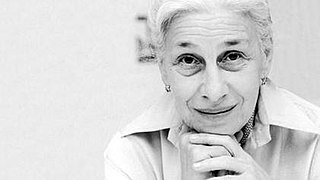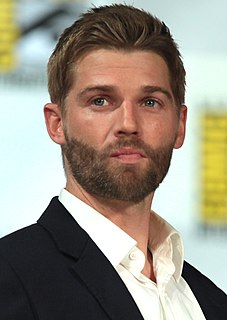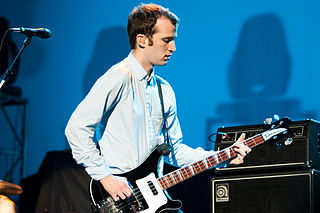A Quote by Margot Robbie
It irritates me so much the way people talk about soaps because it is far more difficult working on a soap than it is on a big studio film.
Related Quotes
Considering the popularity of soaps with the African-American audience, it's grotesque that the entertainment industry, for all its vaunted liberalism, is lagging so far behind social changes in the United States. And why has there never been an all-black daytime network soap? It would probably blow the white soaps off the map.
Soap operas are like boot camps for film actors, so I really learned a lot. It was a masterclass in working for camera. I made myself watch myself every day. I would sort of try and be objective about it and critique myself a little. There's a lot more skill set than people realize in soap operas. They shoot, like, 35 scenes a day.
It's not like it's not fun to work on big studio pictures. It is. But I can't say that's more fun than working on some little indie for scale. Look at The Amateurs, that's probably the best time I ever had working on a film. With that group of guys, it ended up being an experience I'll never forget. I'll always have the fondest memory of that shoot.
I look for a sense of reality with everything I did. I didn't work in a studio, I didn't light anything. I found a way of working which pleased me because I didn't have to frighten people with heavy equipment. It was that little black box and me and £5 worth of film in my pocket or maybe it was only £2 in those days.
I'm not the type to generalise about an entire generation. I think the most general thing I can say, is that things are way more dispersed, and way more de-centralised than they were twenty years ago. I don't really feel like people talk about my generation the way people would talk about Generation X in their early 90's when Nirvana blew up. I feel like there was an easier, more coherent narrative to find, than you can now.

